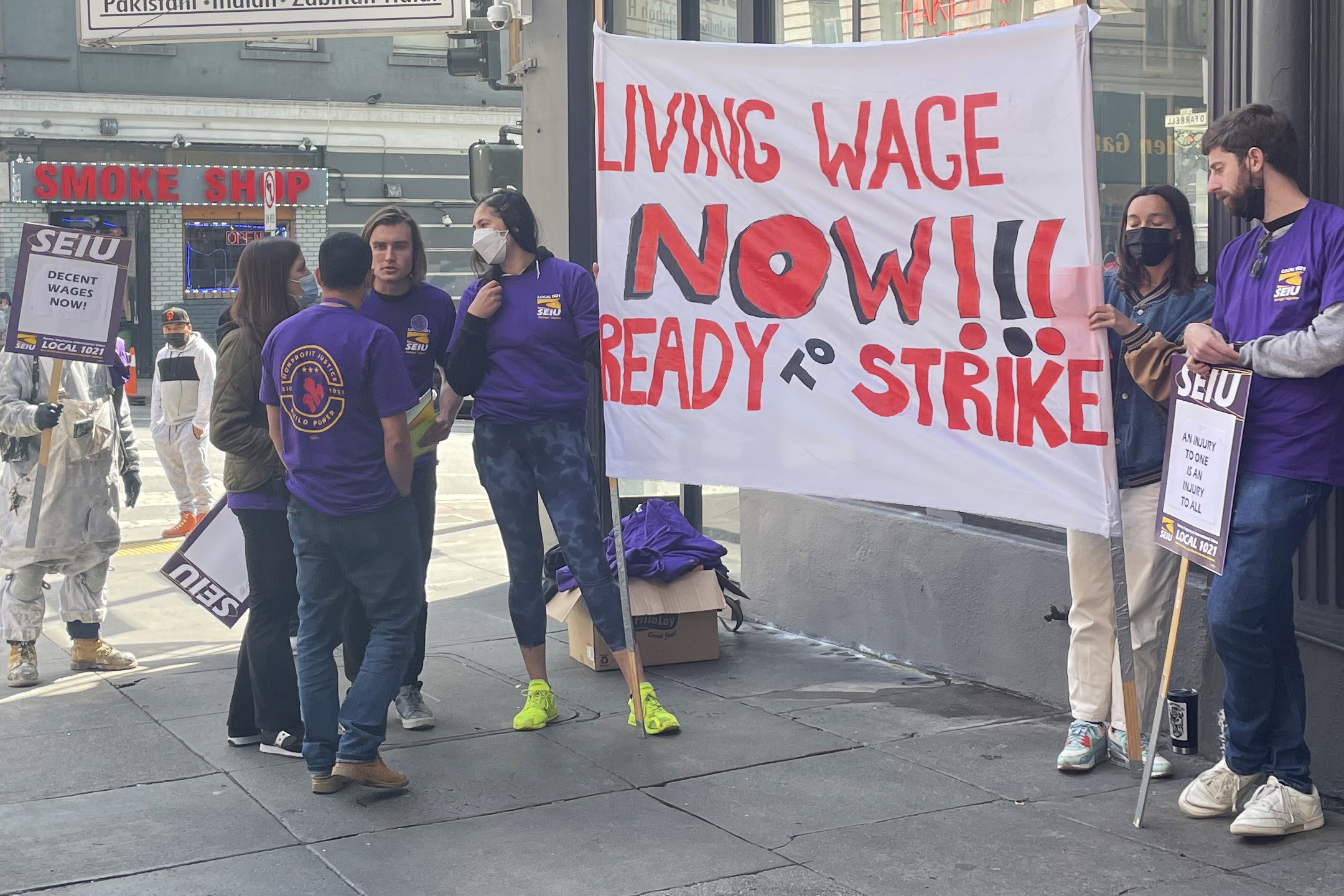In response to growing concerns over hazardous conditions in the city’s permanent supportive housing stock, Mayor London Breed proposed on Wednesday to boost funding for nonprofit staff, among other changes.
Breed’s $67.4 million budget proposal breaks out funding into three categories, offering $30 million to increase wages for staff at existing facilities, $32.4 million to ramp up case management services and $5 million for structural improvements to the often-dilapidated buildings, spread over two years. The city has made substantial investments toward creating housing for homeless residents in recent years but has caught flack for a lack of oversight of how the buildings are run.
The city has moved 4,212 people into permanent housing since July 2020, according to the Department of Homelessness and Supportive Housing, while 1,058 units are under contract but not yet opened.
Staff at the Tenderloin Housing Clinic, one of the largest providers of supportive housing in the city, recently staged a protest calling attention to low wages and high attrition among case workers and other staff at its facilities. Those workers, who said they earn as little as $33,000 a year, contend that without livable wages they struggle to support their clients.
The Tenderloin Housing Clinic operates 25 housing sites and has received $33.2 million dollars from the city in the 2022 fiscal year, as of April 27. Its building operations are funded by grant agreements with the city which total in the hundreds of millions spread over a multi-year period.
A recent SF Chronicle investigation found widespread safety issues and tenant deaths at Tenderloin Housing Clinic sites, many of which are older apartment buildings in the Tenderloin neighborhood. Likewise, its workers report difficult working conditions and high turnover among its staff.
At a committee meeting on Wednesday, supervisors approved a contract amendment for Tenderloin Housing Clinic that increased a grant award to $132.9 million through the fiscal year 2023. At the meeting, supervisors called attention to a need to better retain staff at supportive housing sites.
“It’s difficult to retain staff in this environment with [low salaries],” said Supervisor Ahsha Safai. “Case manager needs, capital needs, salary needs, all will allow for better service delivery.”
Evan Oravec, an organizer who participated in a protest against his employer Tenderloin Housing Clinic, said that he’s still waiting to determine whether the details of Breed’s proposal would be sufficient. Nevertheless, he applauded the announcement. Many nonprofit workers and homeless advocates have charged that there is a thin spectrum between the city’s homeless population and frontline workers enlisted to support them.
“The mayor and the city are finally hearing us,” Oravec said. “One budget isn’t going to fix this problem. But a substantial investment in our wages for the first time in years will help make the system better.”
Breed recently touted the city’s efforts to provide housing for people in San Francisco, pointing to results of the city’s most recent point in time count which showed a 3.5% decrease in the city’s homeless population.
Breed is expected to submit her full citywide budget proposal, which will then be reviewed in a series of Board of Supervisors hearings, by June 1.
